49 pages • 1 hour read
William ShakespeareHenry IV, Part 1
Fiction | Play | Adult | Published in 1597A modern alternative to SparkNotes and CliffsNotes, SuperSummary offers high-quality Study Guides with detailed chapter summaries and analysis of major themes, characters, and more.
Summary and Study Guide
Overview
Henry IV, Part 1 is the second play in English playwright William Shakespeare’s Henriad tetralogy, preceded by Richard II. The play was written sometime prior to 1597, and it was a hit with critics and audiences. Henry IV, Part 1 introduces Sir John Falstaff, one of Shakespeare’s most enduringly popular characters, who also appears in Henry IV, Part 2 and The Merry Wives of Windsor. The play follows the wayward Prince Hal, the son of King Henry IV, as he cavorts with Falstaff and his band of rogues while plotting the redemption of his reputation and restoration of his honor. At the same time, King Henry deals with a rebellion instigated by the Percy family who helped bring him to power. Henry IV, Part 1 remains one of Shakespeare’s most popular plays, with multiple adaptations, including televised productions by the BBC and PBS, Chimes at Midnight (1965), My Own Private Idaho (1991), and The King (2019). Falstaff has been the subject of many pieces of literature and music, including operas by Antonio Salieri and Giuseppe Verdi.
This guide references the Folger Shakespeare Library edition.
Content Warning: This guide references dramatized historical violence, warfare, and death.
Plot Summary
In the early 1400s, England’s King Henry IV, who recently deposed Richard II, wishes to engage in a crusade in the Holy Land but is delayed by matters closer to home. Henry Percy, called Hotspur for his temper and courage, recently put down a rebellion in Scotland. He refuses to turn over his captives to the king (as was customary at the time) unless the king pays the ransom to free Hotspur’s brother-in-law, Mortimer, who is a prisoner of the Welsh rebel Owen Glendower. The king refuses because he finds Hotspur insolent, and Mortimer has a claim to the throne, so Henry prefers him to remain out of the picture.
Meanwhile, Prince Hal, King Henry’s eldest son, cavorts with the seedy underbelly of society. His honor is in ruin, and he lost his place at court. He spends his time in taverns with a band of rogues led by Sir John Falstaff, an old, overweight comedic thief with a kind heart. When Falstaff plans to rob a group of pilgrims, Hal and his friend Poins decide to trick Falstaff by robbing him in turn. Prince Hal reveals that he plans to restore his reputation and forswear his friendship with Falstaff.
Angry with the king, Hotspur plots a rebellion with his father, the Earl of Northumberland, and his uncle, the Earl of Worcester, who feel Henry is insufficiently grateful for their help placing him on the throne. They win Glendower, the Earl of Douglas, and the Archbishop of York to their cause.
Hal and Poins carry out their plan of robbing Falstaff and laugh at his expense when he greatly embellishes the events, not knowing it was they who robbed him. Hal orders the stolen gold returned to the pilgrims. The fun ends when Hal is summoned to court. To lighten the situation, Falstaff suggests they act out what Hal’s meeting with the king will be like. Hal uses the opportunity to make fun of Falstaff.
The rebels’ cause becomes desperate when Northumberland falls ill and Glendower fails to aid them. Still, Hotspur maintains that their forces will be enough to win the day. Hal reconciles with his father and prepares for war. He commissions Falstaff as an officer. Falstaff raises a ragtag battalion while taking bribes from draft dodgers.
The armies mass near Shrewsbury. The king offers peace, but Worcester, fearing the king might pardon Hotspur but punish him and the other rebels, thwarts reconciliation by telling Hotspur that the king wants war. The Battle of Shrewsbury begins. The king deploys decoys dressed as himself, and Douglas slays them, including Blunt, one of the king’s trusted nobles. Douglas attacks Falstaff, who feigns death to save his life. Hal saves the king from Douglas.
Hal and Hotspur engage in single combat. The prince slays his foe, redeeming his honor. Falstaff tries to take credit for killing Hotspur. Hal spares Douglas out of respect for his valor. The play ends with the victorious king dividing his forces to deal with the remaining rebels, laying the groundwork for Henry IV, Part 2.
Related Titles
By William Shakespeare

All's Well That Ends Well
William Shakespeare

A Midsummer Night's Dream
William Shakespeare

Antony and Cleopatra
William Shakespeare

As You Like It
William Shakespeare

Coriolanus
William Shakespeare

Cymbeline
William Shakespeare
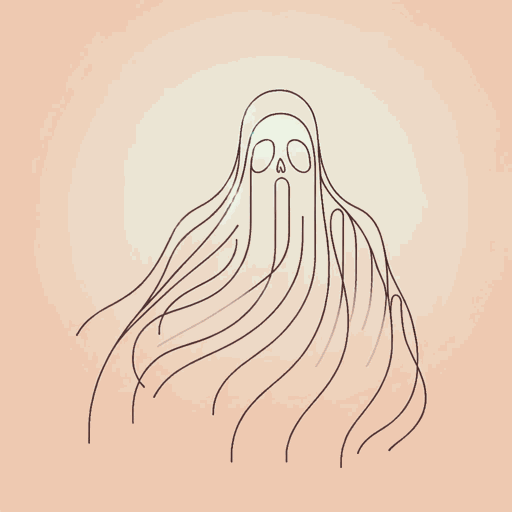
Hamlet
William Shakespeare

Henry IV, Part 2
William Shakespeare
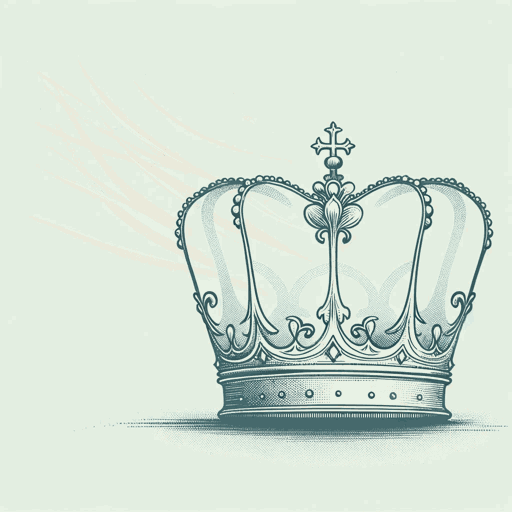
Henry V
William Shakespeare

Henry VIII
William Shakespeare

Henry VI, Part 1
William Shakespeare

Henry VI, Part 3
William Shakespeare

Julius Caesar
William Shakespeare

King John
William Shakespeare
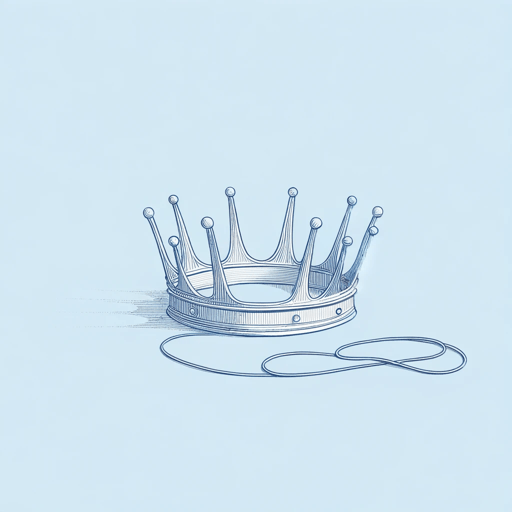
King Lear
William Shakespeare

Love's Labour's Lost
William Shakespeare

Macbeth
William Shakespeare
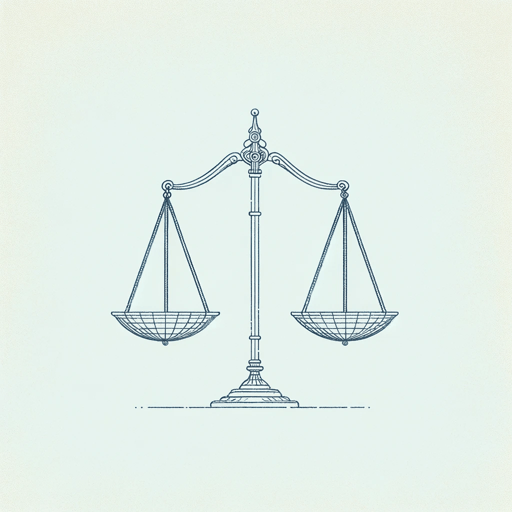
Measure For Measure
William Shakespeare

Much Ado About Nothing
William Shakespeare
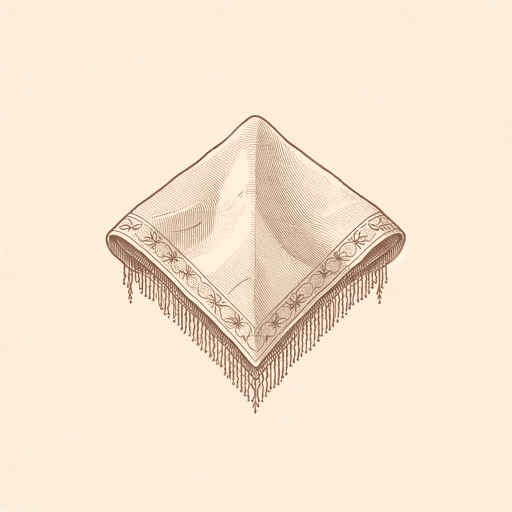
Othello
William Shakespeare

